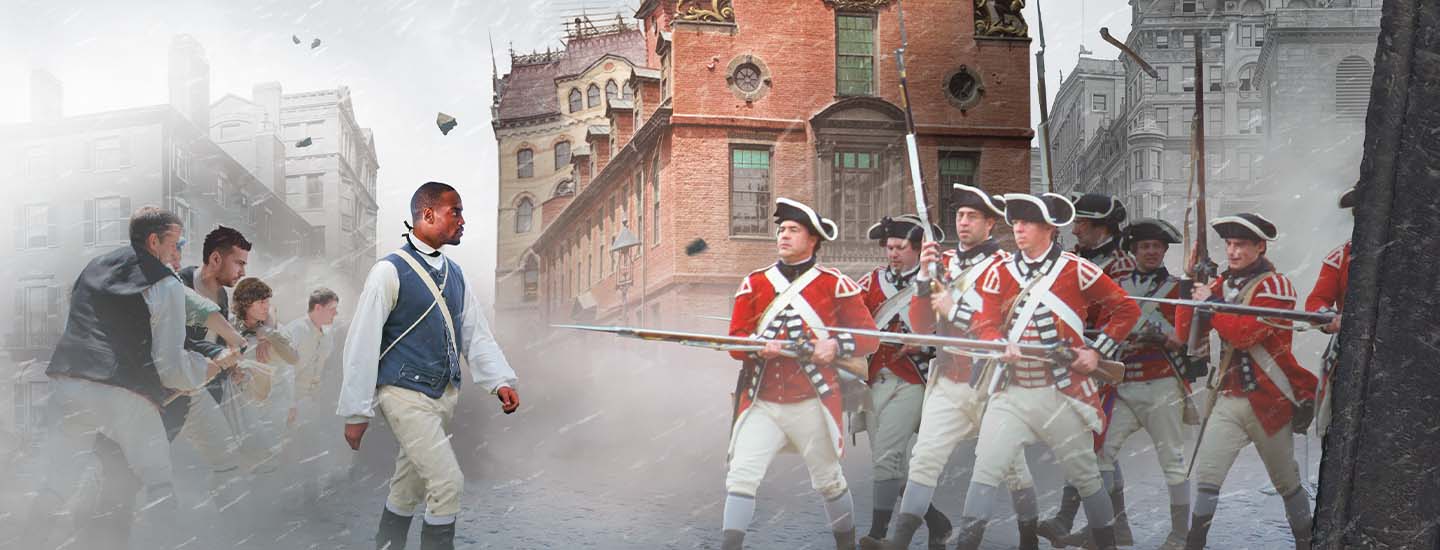On February 22, 1770, a cold wind whipped through Boston, Massachusetts. But the bitter chill didn’t stop an angry mob from gathering outside a local shop that was selling British goods. Among the protesters was 11-year-old Christopher Seider.
A man named Ebenezer Richardson lived near the shop. He was a loyalist—a colonist who was loyal to King George III of Great Britain. Richardson tried to break up the protest, but the crowd quickly turned against him. They yelled and hurled stones as they chased him into his home.
Moments later, a gunshot rang out—Richardson had fired into the crowd. Christopher fell to the ground and died later that night. His death would help spark the American Revolution (1775-1783)—and lead to the formation of a new nation.
On February 22, 1770, a cold wind whipped through Boston, Massachusetts. But the bitter chill did not stop an angry mob from gathering outside a local shop that was selling British goods. Among the protesters was 11-year-old Christopher Seider.
A man named Ebenezer Richardson lived near the shop. He was a loyalist. That means he was a colonist who was loyal to King George III of Great Britain. Richardson tried to break up the protest. But the crowd quickly turned against him. They yelled and hurled stones. They chased him into his home.
Moments later, a gunshot rang out. Richardson had fired into the crowd. Christopher fell to the ground and died later that night. His death would help spark the American Revolution (1775-1783) and lead to the formation of a new nation.

